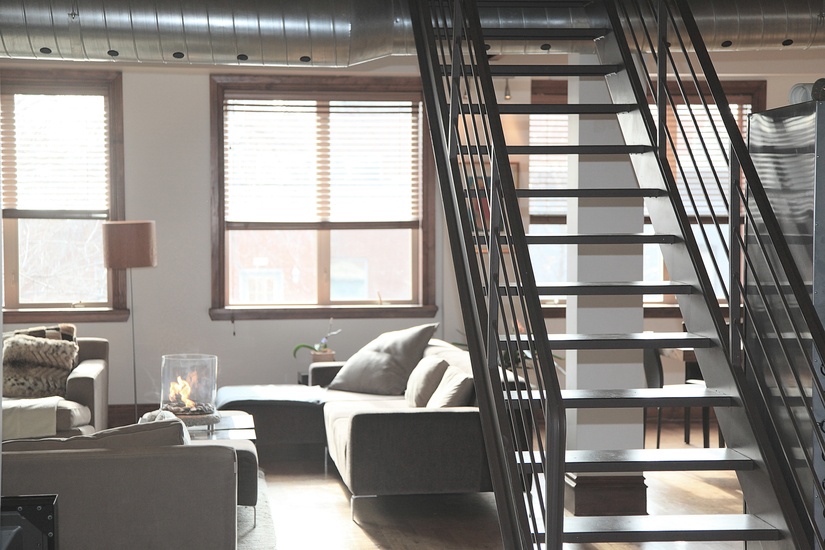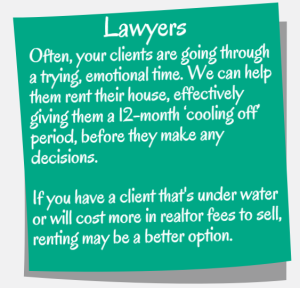One of the main responsibilities of property management firms such as Simply Residential Property Management is the careful screening of prospective tenants. Through a thorough and comprehensive background check into a tenant’s credit history and available public records, property management companies are better able to select responsible tenants who will uphold the conditions that are stated in the lease. The performance of background checks greatly reduces the instances of non-payment of rent, damage to property and evictions of bad tenants.
A main component of the background checks performed by the staff of Simply Residential Property Management is a comprehensive screening of a prospective tenant’s criminal history and public record information. Those tenants who have histories of property damage, theft, violence and any drug or sexual-related offenses will not be allowed to rent a property managed by Simply Residential Property Management. These offenses can greatly jeopardize and safety and welfare of both staff and other tenants.
Another important part of the selection criteria employed by Simply Residential Property Management is the verification of income. Having a consistent and stable form of verifiable income is a strong indicator that the monthly rent will be paid on time. Prospective tenants are able to send the necessary tax forms and other important documents which contain their income information to a representative of Simply Residential Property Management by telephone or by fax. In order to qualify, renters must make three times as much income as the cost to rent the property.
Looking at a potential tenant’s work history goes hand in hand with the verification of income. A stable work history shows not only that a prospective tenant can handle the responsibilities that come with employment as well as shows a verifiable and steady source of income. Additionally, if a prospective tenant is consistently employed in an occupation that is a higher-salary position, that could be a factor that can be weighed a little heavier than other factors.
A renter’s credit history is also thoroughly reviewed by staff at Simply Residential Property Management. Credit reports can indicate the overall financial shape a prospective tenant is in at the time of application. Credit reports are histories which show what financial obligations tenants have and how those obligations are being paid. Additionally, credit reports can have property management staff an indication of how prospective tenants have honored past debts. If a tenant has a past history of bankruptcy, collections activity or has unpaid rent from previous residences, the chances of renting decrease. However, it is important to note that if potential clients are upfront about their past credit mistakes, property management firms may be more likely to try and work with those tenants.
In the unfortunate event that a prospective tenant’s application has been denied, Simply Residential Property Management will be notified by staff regarding that decision by first class mail. Staff at Simply Residential Property Management may also deny applications from tenants if they feel those prospective tenants may jeopardize the stability of both the property and residents. While extensive background checks are not able to catch all bad tenants, they greatly reduce those instances so residents can enjoy both safety and peace of mind.









